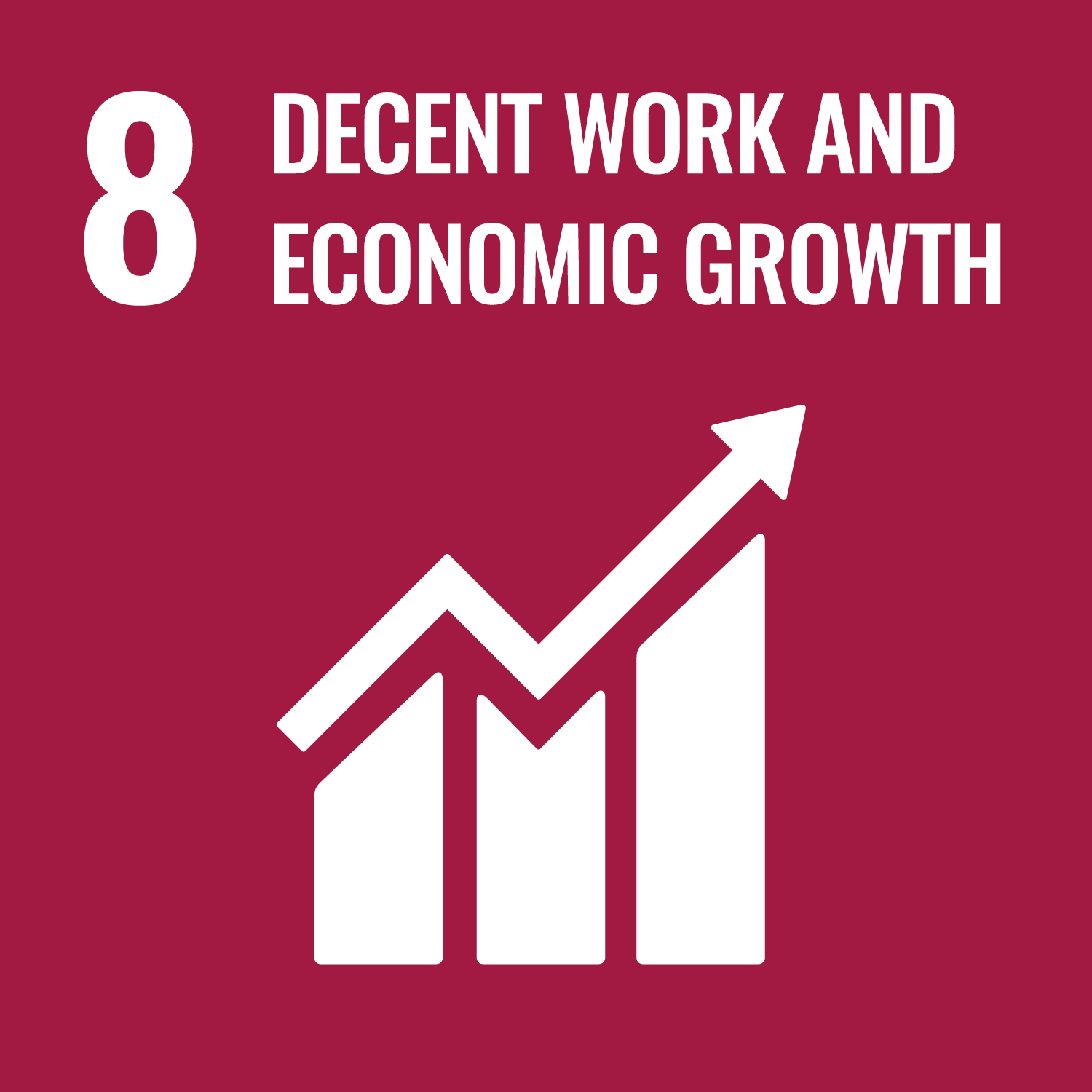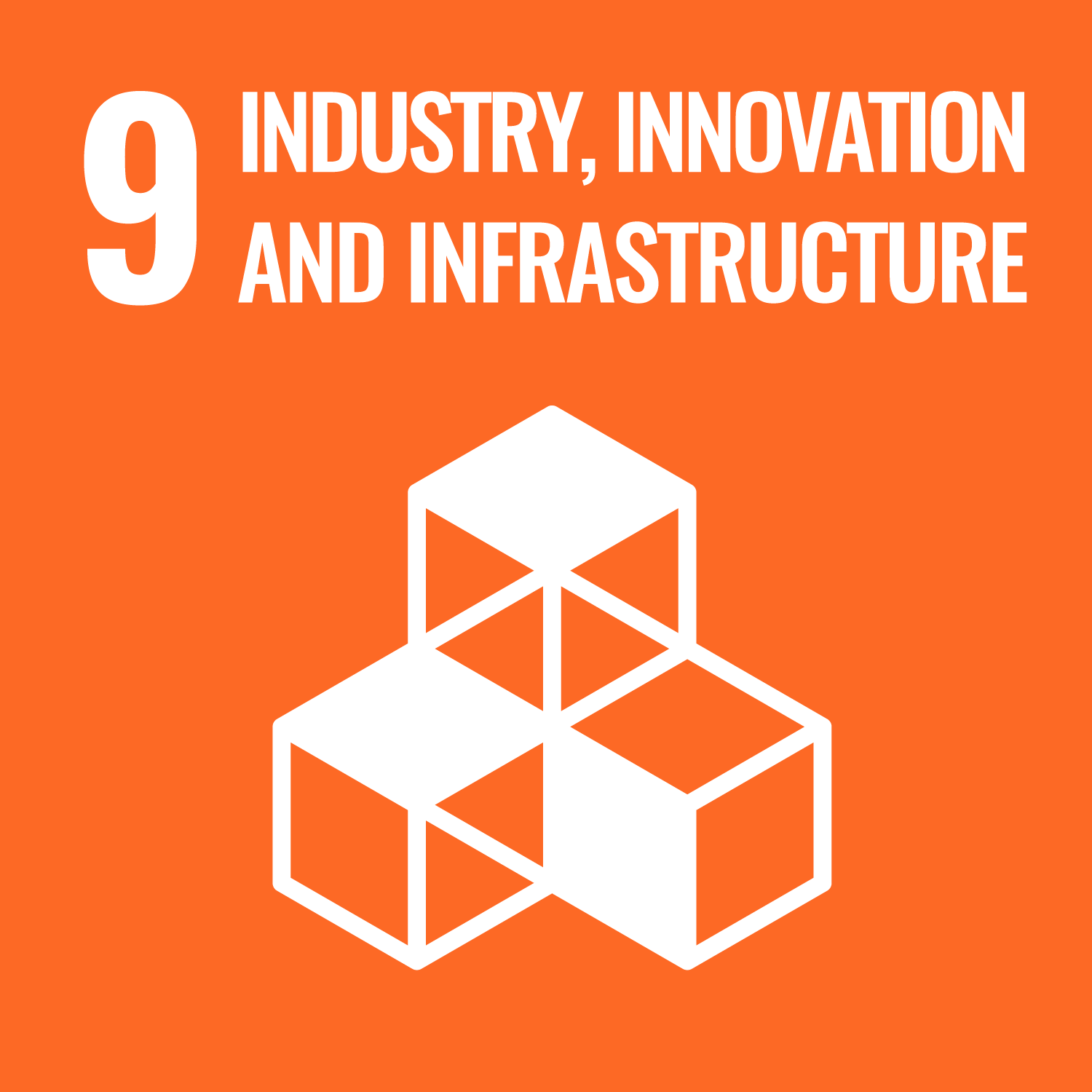Interested in this fund?
Log in or create an account to request more information.
Gain a deeper and comprehensive understanding of how this fund generates positive impact in the themes and SDGs that matter to you, with insights provided by our dedicated team of expert analysts, and receive notifications about new available impact products, exciting investment opportunities, and relevant updates in the world of impact investing.
Fund geography
Emerging countries (256) / Africa (127) / Eastern Africa (50)
EFTA is a Tanzanian company specialised in small enterprise finance. EFTA uses a relationship-based equipment leasing model to fill the $2,000-50,000 gap between where microfinance loans end and bank loans start. This model was one of the winners of the G-20's SME Finance Challenge in November. The equipment provides a collateral substitute, and the relationship-based approach overcomes the challenges of semi-formality typical to this sector.
This has been trialed at a small scale over the last 5 years with concessionary funding, with $440,000 invested in 73 businesses. Even with no head office or systems in place, this delivered an estimated gross IRR of 13% in local currency. This also created 300 jobs, almost 18 times higher per dollar invested than larger SME funds, and reached an estimated 20,000 smallholder suppliers indirectly.
Following the success of this trial, EFTA began transitioning to a commercial institution in 2009. The management team has been strengthened and robust systems and processes have been introduced.
PEAK II is intended to complete this transition. EFTA aims to make ~400 larger investments of $10,000-50,000 from PEAK II over the next 3 years, creating 8,500 jobs and reach 700,000 smallholder suppliers. This will take EFTA to sufficient scale to attract direct investment, with a team of 16 in 2 branches. EFTA then aims to use this platform to grow to a $55 million portfolio in 15 branches by the end of 2020.
Asset class
Fund status
Fund style
Financial description
PEAK II will be a limited liability partnership based in England, which will invest through an investment holding company in Tanzania. It will be structured as a closed private equity fund with a seven-year term comprised of a three-year investment period and four-year holding period, and there will be two optional one-year extension periods.
During the investment period, the commitments will be drawn down gradually, and repayments collected from investee companies will be recycled to into further investments. During the holding period, the fund will cease investing and start making regular distributions while the later investments mature.
The fund will be in Tanzanian Shillings. EFTA will be the general partner and fund manager, with a 3% management fee on committed capital and 10% carry over a 10% return hurdle. The fund will aim for overall returns of 11-14% in Tanzanian Shillings net of all fees and carry. The fund will have two investment classes:
a) “A” investor class (debt-like): sits ahead of B investors, receiving their capital plus 10% in Tanzanian Shillings ahead of other investors
b) “B” investor class (equity-like): sits behind A investors, receiving uncapped returns net of carry. Overall target returns of 12-17%.
13 years
of track record
2011
the year funded
10,000,000 USD
AUM
Interested in this fund?
Log in or create an account to request more information.
Gain a deeper and comprehensive understanding of how this fund generates positive impact in the themes and SDGs that matter to you, with insights provided by our dedicated team of expert analysts, and receive notifications about new available impact products, exciting investment opportunities, and relevant updates in the world of impact investing.
Asset manager
Impact Category
Key performance indicators
Fund overview
Asset manager: Equity for Tanzania Limited
Product track record: Fund has 13 years of track record
Target IRR: 9%
Committed Capital: 2,770,000 USD (US Dollar)
Target return category: Risk-adjusted market-rate of return
Fund domicile: United Kingdom
Product status: Open - no committed capital
Style/Stage: Growth Stage
Inception year: 2011
Vintage year: 2011
Target region: Africa, Eastern Africa, Emerging countries
Target close date: 01/03/2012
Product term: 7 years (+2x 1 year ext)
Assets under management: 10,000,000 USD (US Dollar)
Investment size: Min: 15,000,000; Max: 75,000,000; Avg: 45,000,000
Co-investment policy:
Currency of investments: TZS (Tanzanian Shilling)
Currency for fund / product figures: USD (US Dollar)
Fund investments to date: 0
Fund investments to date exited or repaid: 0
Management fee: 3%
Carried interest: 10%
Hurdle rate: 10%%
GIIN Investors' Council Investment: No
Limited Partners / Investors: Historically: Cordaid, DfID (through the Financial Deepening Challenge Fund); HNW individuals. In-principle commitments: Cordaid, Truestone LP, Waterloo Foundation, Baring Foundation, HNW individuals.
Limited Partner / Investor Type: Development Finance Institution (DFI), Endowments/Foundations, Family Office, Other Institutional Investors
Contact
E-mail: info@equityforafrica.org
Website: http://www.equityforafrica.org
Phone number: 442079206467.00
If you wish to have your details removed from this database please email gdpr@impactyield.com
Madeleine Anderson
CEO, Equity for Africa Ltd
Impact Performance
n.a.
Impact thesis
PEAK II will focus exclusively on investments of $10,000-$50,000 in small enterprises (2-19 employees). It is expected to create 8,500 new jobs directly, and reach up to 700,000 smallholder suppliers indirectly. It is also hoped that PEAK II will catalyse the growth of a small business leasing industry.
Small enterprise investment is crucial for Tanzania's development:
a) A combination of more employment and higher smallholder productivity is needed to lift Tanzania out of poverty. Median income in paid employment is 2.5x higher than smallholder farming, but under 10% of the working population is in paid employment and 70% are still smallholders. A growing youth population is also stretching the labour market.
b) Employment on this scale is only likely to come from small enterprises. 94% of formal private enterprises in Tanzania are small (excluding entrepreneurs without employees), and Tanzania struggles to compete with other low-wage economies to attract companies from outside the country.
c) Investments in small enterprises also offer job creation rates up to 18x higher per dollar invested than investments in larger SMEs.
d) Small enterprises have exceptionally poor access to finance. Only 3% of small (5-19 employees) formal manufacturing enterprises fund investment with bank finance, compared to 10% of medium (20-99 employees) and 36% of large ones (100+ employees), and small enterprises are 30% less likely to have equipment than medium-sized ones.
Impact Management
n.a.
Financial benchmark
Term Description:
Keywords
Bottom/Base of the PyramidCommunity Investing/LocalLaborOtherRuralServing the Missing MiddleUrban



